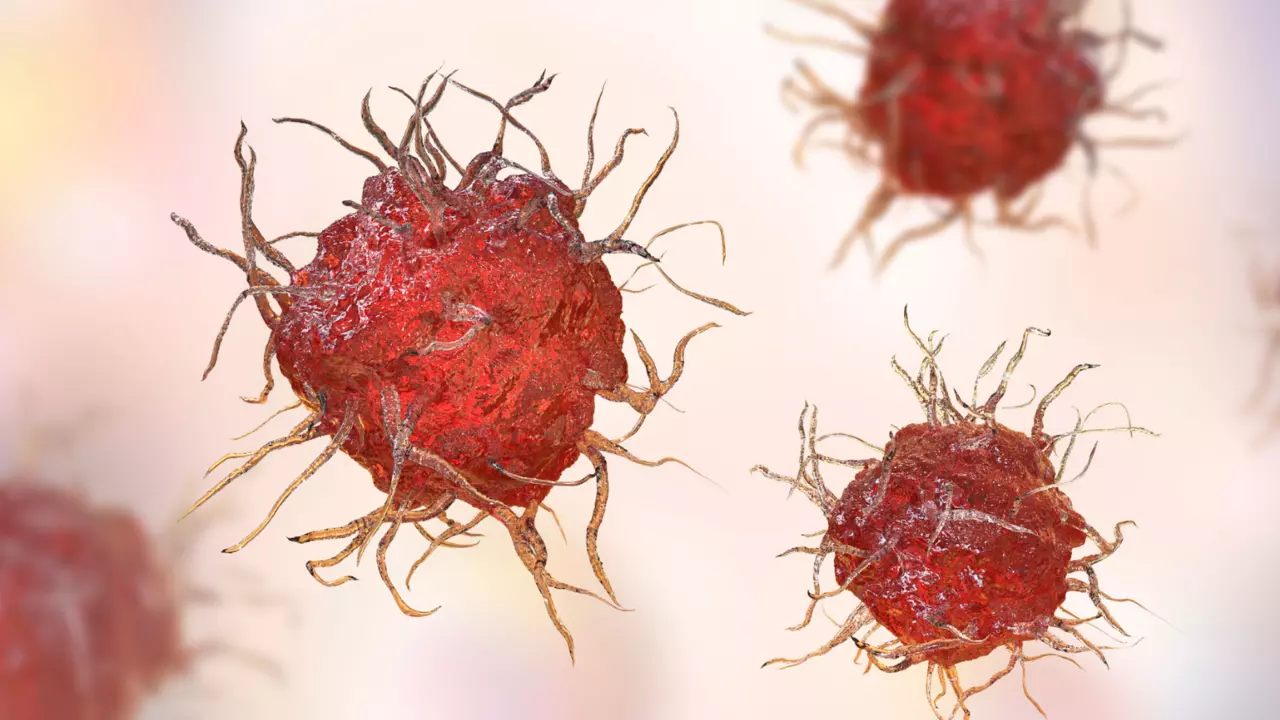Folliculin prevents phagocyte activation and accumulation of glycogen
3 Dec 2023
Birt-Hogg-Dubé syndrome (also known as BHD) is a dominant hereditary condition caused by variants (mutations) in the Folliculin (FLCN) gene that results in a loss of function causing skin lesions, lung cysts, collapsed lungs, and kidney cancer. As researchers uncover how FLCN achieves these functions we will understand, and hopefully find ways to treat, BHD.
A collaborative project involving researchers in the USA, Japan and Singapore showed there was an increase in activated phagocytes in FLCN mutant mice that mimic human BHD. Phagocytes are cells in our bodies that “eat” substances like bacteria, damaged or infected cells and protect the body from infection and damage. Phagocytes contain structures called lysosomes which store acids and chemicals that destroy the substances “eaten” by the macrophage. Lysosomes are also important in sensing and responding to low nutrient and energy levels in the cell by recycling material inside the cells for energy and repair. Loss of FLCN results in glycogen accumulating in lysosomes and phagocytes no longer functioning properly. The accumulation of glycogen in lysosomes has also been observed in cancer cells taken from the kidneys of BHD patients suggesting a potential link between accumulation of glycogen in phagocytes and cancer in BHD.
How this causes damage to organs and contributes to cancer in BHD is not yet known but there are two likely possibilities. One is that glycogen is required for generating fats and oils, too much of which can damage cells and tissues. The other possibility is that cells which can survive in the absence of accurate nutrient sensing are more likely to become cancerous. Both scenarios could potentially explain the high frequency of kidney cancer in BHD patients. More research is required to investigate these possible scenarios, but it could be an important development in understanding FLCN function and BHD.
Another exciting finding in this paper was that deleting TFE3 in FLCN deficient mice reduced the accumulation of glycogen in phagocytes. TFE3 is a transcription factor meaning it controls the expression of other genes. FLCN is known to prevent TFE3 from entering the nucleus where it controls expression. The researchers showed that TFE3 increases the expression of two genes that are involved in making glycogen, Gys1 and Gyg. TFE3, Gys1 and Gyg are potential drug targets for treating BHD as reducing their amount or activity could have therapeutic benefits. Although there needs to be further confirmation that the observed lysosomal effects are actively contributing to BHD symptoms in patients and mouse models, these initial findings are very promising and provide more evidence that FLCN is a key player in regulating nutrient sensing and lysosomal function.
Back to
